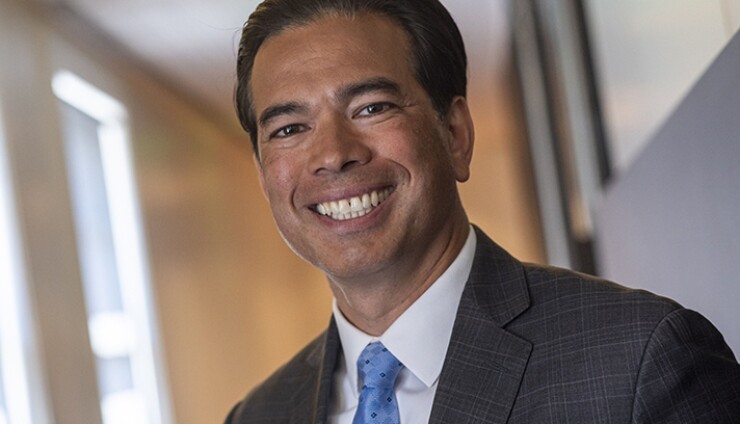Huntington Beach City Attorney Michael Gates said he plans to appeal a federal judge's decision to toss the city's lawsuit challenging the state's right to compel localities to approve housing development.
Huntington Beach plans to appeal the decision to the Ninth Circuit Court of Appeals, Gates said, adding "the federal court decision was surprisingly light on the court's decision for dismissal."
California Gov. Gavin Newsom and Attorney General Rob Bonta took the U.S. District Court's ruling as a victory in efforts to get Huntington Beach to conform to the state's housing laws.
"We
"With this behind us, we look forward to prosecuting our state case against Huntington Beach," Bonta said. "Everyone must do their part to address California's housing crisis."

State leaders and Huntington Beach City Council members
At issue is whether or not California lawmakers can force a charter city, like Huntington Beach, to follow the Regional Housing Needs Allocation, or RHNA, which mandates the number of housing units cities are expected to plan each year.
U.S. District Judge Fred Slaughter ruled the city didn't have the right to challenge the state in federal court based on earlier rulings by the Ninth Circuit Court of Appeals.
Bonta had filed a suit in state court to force the city to abide by state housing mandates. Slaughter said that is the proper venue for the case.
"Today's ruling from the court signals that Huntington Beach, and other communities like it, will not succeed in trying to use the legal system to stall the development of badly needed housing," Newsom said. "It's well past time for Huntington Beach to move quickly towards planning for their fair share of housing."
The federal court decision "was dismissive of other compelling First Amendment standing issues without explanation," Gates said. "The city's lawsuit is compelling and should be given a full, proper analysis under the law."
Gates believes the court relied too heavily on a city of South Lake Tahoe case in rendering the decision that Huntington Beach had no standing to bring the action in federal court. South Lake Tahoe is a general law city, not a charter city like Huntington Beach, which is an important distinction in evaluating standing, he said.
The city attorney also cited Haytasingh v. City of San Diego, (2021) 66 Cal. App. 5th 429, in stating that cities are not subdivisions of the state. The Court of Appeal ruled in 2021 that "cities, therefore, are distinct individual entities, and are not connected political subdivisions of the state. As a matter of fact, municipalities, and particularly charter cities, are in a sense independent political organizations and do not pretend to exercise any functions of the state. They exist in the main for the purposes of local government."





